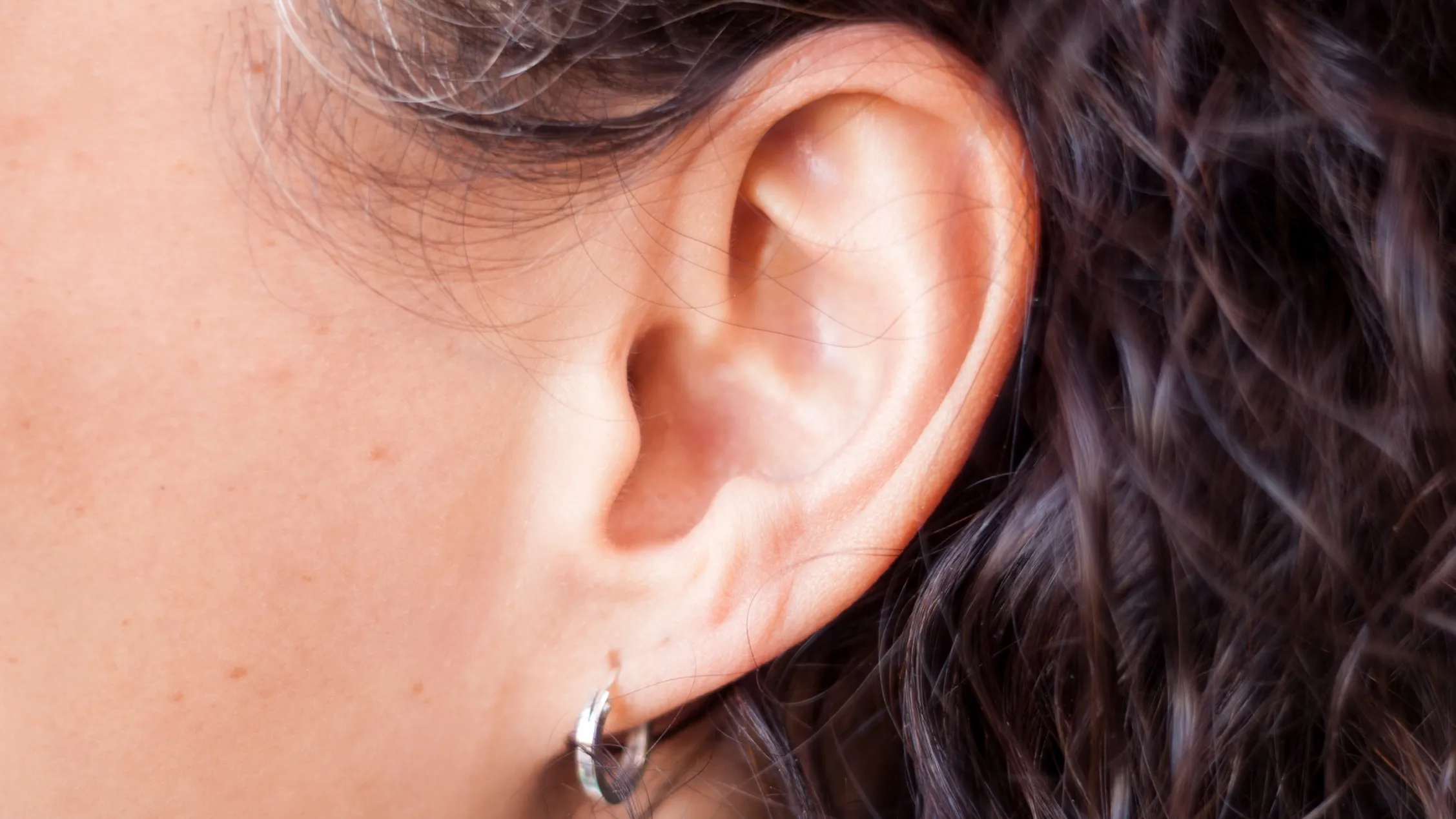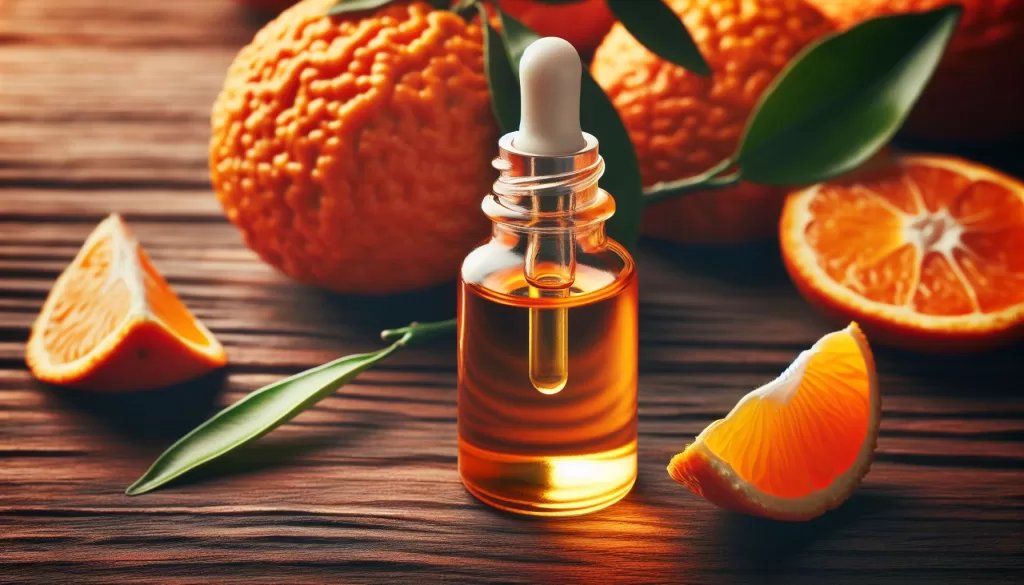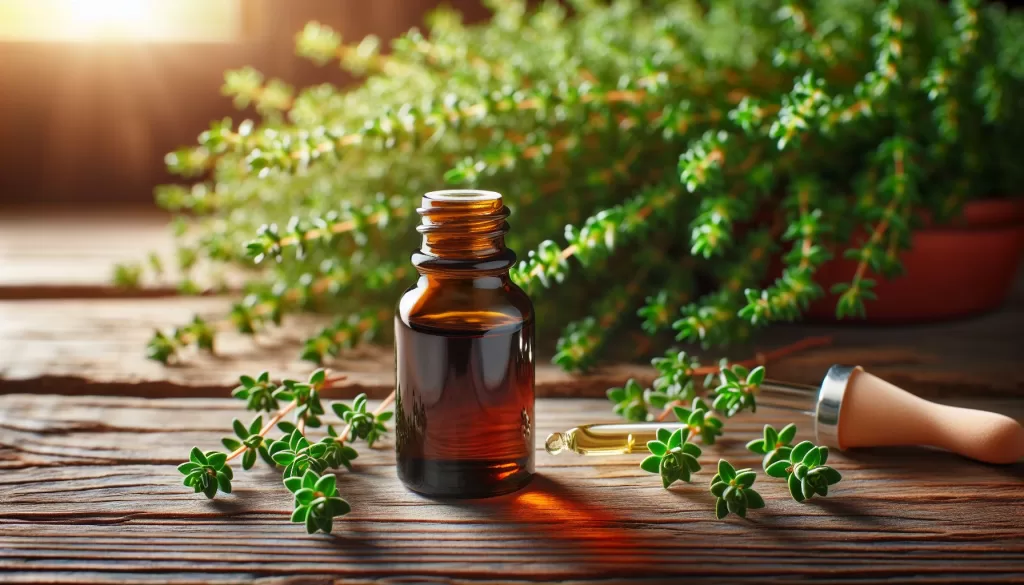Benefits of Essential Oils

Başlıklar
Benefits of Essential Oils
In the realm of natural healing, essential oils have garnered acclaim for their profound therapeutic benefits. Extracted through careful steam distillation, cold pressing, or resin tapping from flowers, bark, stems, leaves, roots, fruits, or other elements of plants, these oils embody the essence of their source, carrying with it a myriad of health benefits that have been utilized since ancient civilizations.
Mindful Aromatherapy
One of the primary uses of essential oils is aromatherapy. Known to influence the limbic system—the brain’s emotional center—essential oils can evoke calming, soothing, and revitalizing effects. Lavender, for instance, has been studied extensively for its ability to lower stress levels, mitigate anxiety, and promote a restorative sleep. Subjects exposed to the aroma of lavender have reported greater calm and lower stress in clinical settings.
Meanwhile, oils such as peppermint or rosemary have demonstrated their ability to enhance focus and cognitive function. They can be particularly useful during moments requiring heightened attention or mental clarity. The inhalation of rosemary oil, for example, has been linked to improved memory retention in some studies.
Beyond their olfactory allure, essential oils possess potent antimicrobial properties, which can support the immune system and combat pathogens. For instance, tea tree oil is widely revered for its antibacterial and antifungal effects, often used to address topical skin conditions such as acne or athlete’s foot. Its components, terpinen-4-ol, have shown efficacy in inactivating various bacteria, viruses, and fungi.
Eucalyptus oil, enriched with 1,8-cineole, has a history of combating respiratory infections. It not only provides relief from congestion but also exhibits antiviral activity that can aid in reducing symptoms of coughs, colds, and sinusitis.
Anti-inflammatory and Analgesic Effects
The anti-inflammatory and analgesic properties of certain essential oils cannot be overstated. Frankincense, known as the “king of oils” for its versatility, contains boswellic acids which can inhibit the synthesis of inflammatory molecules. As such, it’s often turned to for relieving inflammation-related conditions and chronic pain. Chamomile oil, similarly, holds azulene known for its soothing and anti-inflammatory properties, offering a complementary approach to mitigating conditions like arthritis or muscle aches.
Skin Rejuvenation and Healing
In the world of dermatology, essential oils have also staked their claim. Their complex compounds can support skin health in several ways. For example, oils like geranium and carrot seed are celebrated for their ability to rejuvenate the skin by promoting cell regeneration. They may help to smooth wrinkles and improve skin elasticity due to their antioxidant content, which fights free radical damage. Additionally, oils like helichrysum are coined for their scar-healing capabilities, attributed to their growth factor-like activity that encourages tissue regeneration.
Digestive System Support
Digestive discomfort can also be alleviated by the application of essential oils. Peppermint oil is known to relax the gastrointestinal tract muscles and may help ease symptoms of irritable bowel syndrome (IBS). Ginger oil has been traditionally used in reducing nausea and aiding in digestion due to its warming and spasmolytic effects.
Holistic Heart Health
Interestingly, essential oils can also play a role in cardiovascular health. Ylang ylang oil, recognized for its sweet and floral fragrance, may help lower blood pressure and heart rate due to its hypotensive effects. Its soothing properties can reduce stress and anxiety that often contribute to hypertension, suggesting a dual approach to supporting heart health.
Precaution and Guidance
It is crucial to mention that essential oils, while natural, are highly concentrated and should be used with prudence. Always consult with a healthcare provider, especially if you have pre-existing conditions or are pregnant. Proper dilution is paramount if used topically, and they should never be ingested unless under the guidance of a qualified practitioner.
Furthermore, consistency in quality is vital. Pure, therapeutic-grade essential oils are recommended for optimal effects. Low-grade oils or those filled with additives may not offer the same benefits and could potentially cause harm. It’s also wise to perform a patch test to ensure you do not have an allergic reaction to a particular oil.
Concluding Thoughts
The versatility of essential oils is impressive, catering to a wide spectrum of health needs—from mental and emotional well-being to physical ailments. As a complementary tool in one’s wellbeing armory, they can enhance quality of life and promote a holistic approach to health. However, their efficacy and safety are predicated upon informed and conscientious use. By integrating essential oils mindfully, we can harness their myriad benefits while honoring the body’s complex harmony.















